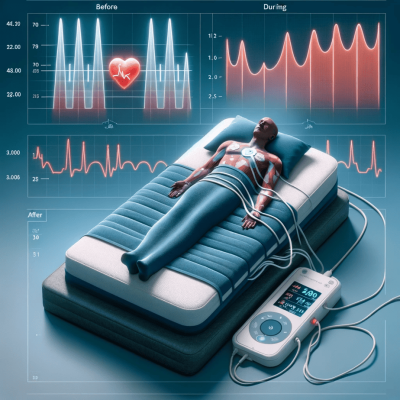There are many different types of mental health disorders that manifest in various ways, but they all have one thing in common: it is not easy to deal with them. You’ll have good days and bad days, and while you might find that the best you can do on a bad day is just hang on and wait for the storm to pass, you’ll want to make the most of the good days. That means considering how to improve your lifestyle in a way that will make it easier for you to handle whatever comes your way, and there are some effective changes that can help steer you in the right direction.

Table of Contents
Toggle1. Make Plans
Of course, you can’t plan when you’re going to struggle more, but you can be proactive about it. Consider how you tend to feel and act during that time and plan accordingly to get the help you need to get through. When you’re experiencing the worst of your symptoms, it can be difficult to take care of yourself, so you might want to consider a short-term crisis residential program. As the people from socalmentalhealth.com explain, this can help you stabilize, learn new coping tools, and get back on your feet. Then again, sometimes living with a mental health disorder means that you have a long period where things aren’t the worst, but they are far from being good either. Again, think about what you’d need on those days. More frequent therapy sessions? Time off from work? A different medication regimen? When you make a plan, it can help you take the necessary steps to get what you need without feeling so overwhelmed.
But what about on the days when you’re feeling good? These are the days when it’s especially important to have a plan in place, as it can help you stay on track and avoid any potential relapse. These days, consider your goals and what you need to do to achieve them. This could be anything from making sure you’re getting enough sleep and eating three meals a day, to working on a specific skill in therapy or taking a class to learn more about your disorder. Whatever it is, make sure it’s something that will help you move forward and not just tread water.
2. Practice Self-Care
Sometimes, people who are struggling with their mental health feel like they’ve missed out on so much already, so they try to do everything when they’re feeling better. However, putting too much on your plate can sometimes worsen your symptoms. It’s important that you develop a self-care routine that will help you relax and recharge daily, both mentally and physically. This could involve things like yoga or meditation, reading, spending time in nature, or listening to calming music. Do regular self-check-ins and take some time each day to do some introspection. It’s different for everyone, so find what works for you and make sure to schedule it into your week.
3. Avoid Isolation
When we’re unwell, we often get the urge to isolate ourselves from the world. This is understandable, as it can be difficult to interact with others when you’re feeling down. However, social isolation can actually make it harder to recover from a mental health disorder. When we’re isolated, we tend to ruminate on our thoughts and they can become more negative. We also miss out on the support of others, which is so important when you’re going through a tough time. Make an effort to connect with others, even if it’s just through text or social media. A good way to ensure you can do this is to establish a support system of close friends or family members on who you can rely. Talk to them about what your symptoms look like, and what kind of help and support you need from them.
4. Focus On Small Things
Life can get overwhelming even without a mental health disorder. While it’s important to keep the bigger picture in mind in order to navigate your life, it’s better to focus on small things in your day-to-day activities. If you’re going to school, focus on the classes you’ll have on a particular day instead of the entire school year. If you’re working – focus on the specific steps of a project you need to do at one time instead of worrying about the entire thing. When we focus on small tasks, it can help us feel more in control and less overwhelmed by everything that’s going on. Finally, focus on how good your coffee tastes in the morning, and the pretty flowers you saw on your way to work. It might seem silly, but paying attention to the small things can help you ground yourself and feel better overall.

Dealing with a mental health disorder is never easy, but there are things you can do to make it easier. These include making a plan, focusing on small things, practicing self-care, and avoiding isolation. These lifestyle changes can help you better deal with your mental health disorder and live a more fulfilling life.







